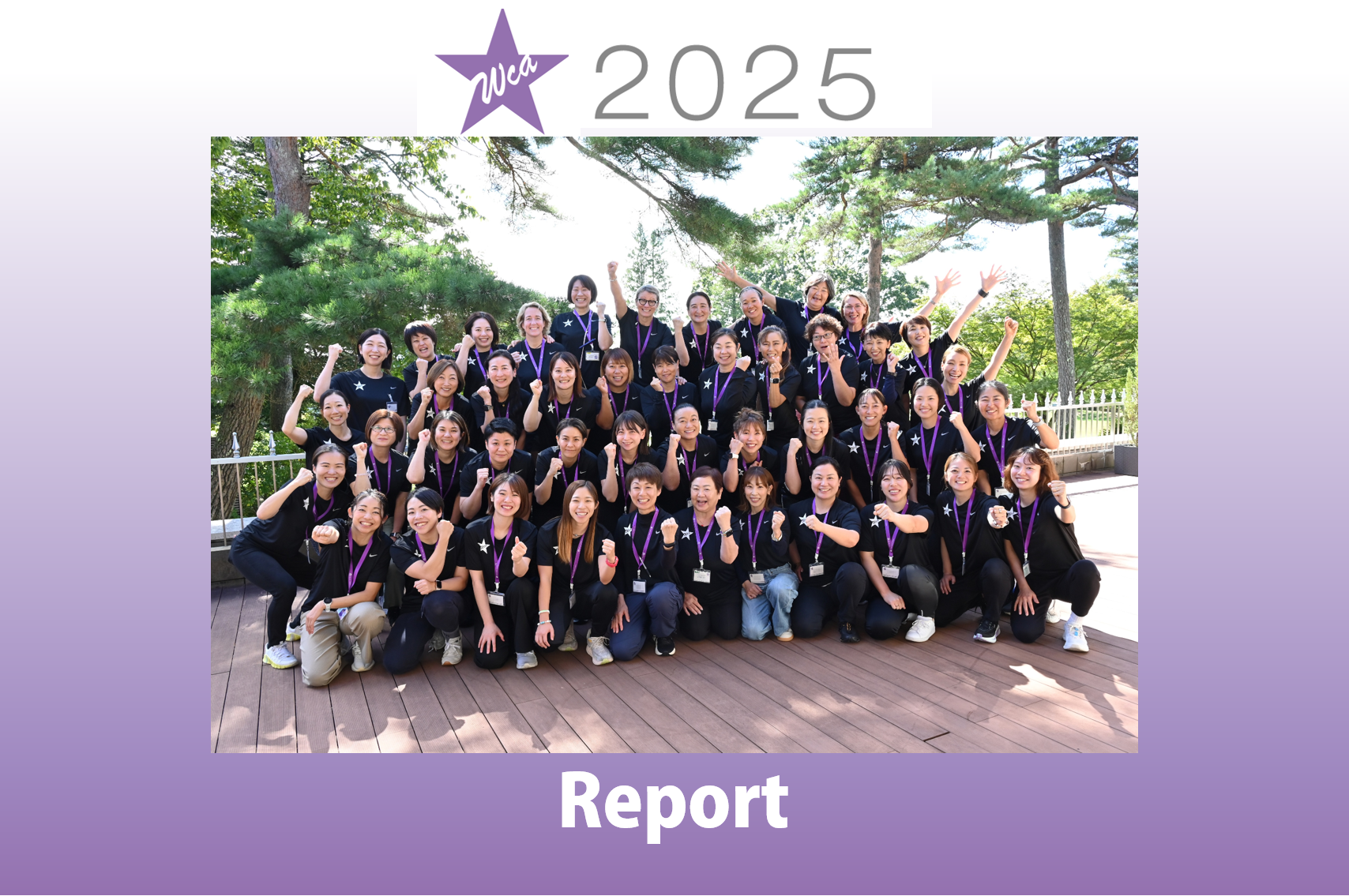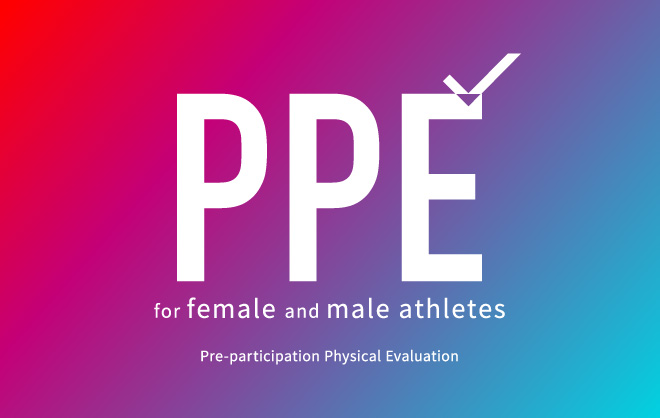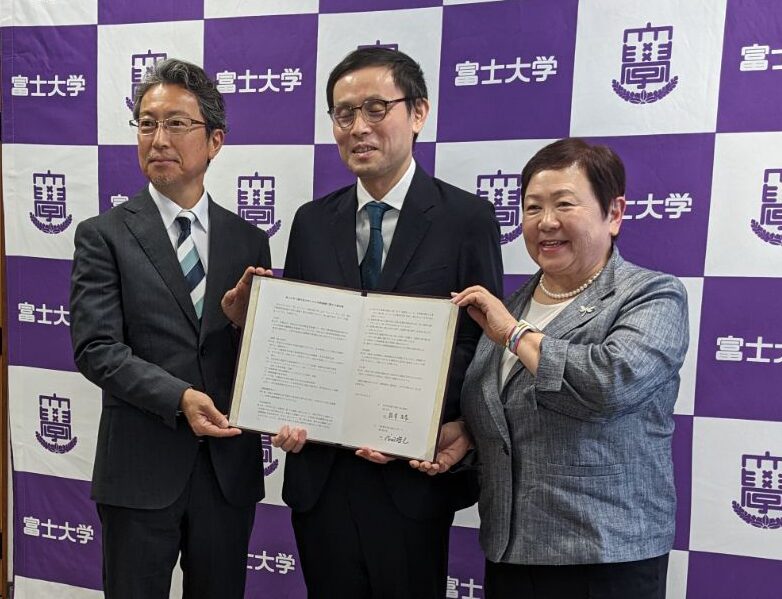The 1st IOC World Conference on Women and Sport
In 1996, “the 1st IOC World Conference on Women and Sport” was held in Lausanne, Switzerland. In this first-ever IOC hosted conference, delegates from many nations, governmental and non-governmental organizations participated. The IOC announced that it would take the initiative to solve the issues related to women and sport by collaborating with organizations and government agencies involved in the sport policy.
The 2nd IOC World Conference on Women and Sport
In March 2000, “the 2nd IOC World Conference on Women and Sport” was held in Paris, France and adopted the following resolution.
Recalling that the aim of the Olympic Movement is to build a peaceful and better world through sport and the Olympic ideal without discrimination of any kind, welcoming the initiatives undertaken by the International Olympic Committee, the International Sports Federations, the National Olympic Committees to promote women in sport; taking into consideration the work accomplished since the first IOC World Conference on Women and Sport held in Lausanne, Switzerland, in 1996; recalling the recommendations formulated in the Windhoek Call for Action, the Berlin Agenda on Physical Education, and the UNESCO Declaration of Punta del Este; recognizing that more challenges have to be taken up to ensure equality of opportunities in the sport movement at local, national, continental and world levels.
Resolution of the 2nd IOC World Conference on Women and Sport
- Urges the President of the International Olympic Committee to call upon the International Sports Federations, National Olympic Committees, National Federations and sports organizations to meet the goal of 10% minimum representation of women in decision-making positions by 31 December 2000, in keeping with the decision of the 1996 IOC Session, to evaluate the reasons for failure to meet the targets, and draft a plan of action for implementation to address them, and if need be, to extend the period to June 2001, and ensure that the 20% goal for 2005 is maintained and attained;
- Requests the International Olympic Committee, the International Sports Federations and the National Olympic Committees to set their own forward targets for future representation in governing bodies through 2020;
- Requests the International Olympic Committee to encourage the minimum representation of at least one woman representative in national delegations at the world and regional assemblies and other fora of sports organizations;
- Calls upon the International Olympic Committee to increase the scholarships and training courses for women leaders, athletes and coaches and other officials, in particular through Olympic Solidarity programmes and with special emphasis on women from developing countries, provide educational resources, including training manuals on gender equity in sport, to continue to organize information seminars and to support research initiatives at national and continental levels;
- Urges governments, through the relevant bodies such as the Commission on the Status of Women, to recognize in the review of the United Nations Platform of Action (Beijing+5) and in its final document the importance of physical activity and sport to girls and women’s development at all stages of their life, in the areas of health, human rights, education, decision-making and the girl child;
- Invites intergovernmental organizations, and UNESCO in particular, to raise awareness about the positive influence of CEDAW articles on the development of physical activity and sport for girls and women;
- Calls upon the International Olympic Committee and the other members of the Olympic Movement to raise awareness about the importance of a quality physical education and develop a strategy and educational material to support physical education for girls in school curricula in particular;
- Urges all national and international sports organizations to use sport as an instrument to promote a culture of peace, understanding and the Olympic truce in areas of conflict;
- Urges the International Olympic Committee, the International Sports Federations, the National Olympic Committees and the National Federations to develop and implement a policy on sexual harassment including codes of conducts for athletes, coaches, sport leaders, and other Olympic parties to include this theme in all workshops and conferences organized by the International Federations and the National Olympic Committees;
- Urges non-governmental organizations dealing with women and sport to establish working relations with concerned governmental institutions and the sports movement at local and national and international levels, in order to benefit from technical assistance programmes;
- Recommends to all parties involved to work more closely with the media to ensure a larger and more accurate information to project the real image about women’s sport and to develop special training programmes for women journalists;
- Congratulates the International Olympic Committee and its Women and Sport Working Group for organizing this World Conference on Women and Sport;
- Expresses its sincere thanks to the French authorities and the National Olympic and Sports Committee of France for their cooperation and hospitality.
The 3rd IOC World Conference on Women and Sport
In March 2004, “the 3rd World Conference on Women and Sport” was held in Marrakech, Morocco. The effort of “Resolution of the 2nd IOC World Conference on Women and Sport” was evaluated and it was determined that not much progress had been made for the priority issues facing women in sport. It was ensured to achieve the determination of “the International Sports Federations, National Olympic Committees, National Federations and sports organizations to meet the goal of 20% minimum representation of women in decision-making positions”, which was a goal established in the 2nd IOC World Conference on Women and Sport.
The 4th IOC World Conference on Women and Sport
The 4th IOC World Conference on Women and Sport took place in Dead Sea, Jordan on March 8- 10 in 2008. Ms. Anita DeFranz, Chairperson of IOC Women and Sport Commission, made an impressive speech in the opening ceremony; “By the 2008 Olympic Games in Beijing, women will make up nearly 45 percent of the participants. It is no longer an issue what the IOC can do for women, but rather what women can do to the IOC and to the field of sport. Women should step up to accept responsibilities. We need women who pursue to increase the opportunities of women’s participation in sport. We also need both men and women who can play a role as a mentor to promote sport opportunities.” In addition, Dr. Jacques Rogge, President of the International Olympic Committee, emphasized that sport needs women and their participation, not only because they represent half of humanity, but also because they play an essential role in society and especially in passing on a love of sport to young people.
Ms. Anita DeFranz discussed the statistics of the ratio of women in decision making policy boards in sport. She also emphasized that women need to recognize what expectations there are to take such positions and judge if their qualifications meet those expectations or not. She offered a “call to Action” to assist delegates to elect women with good qualifications.
Ms. Clea Hadjistephanou-Papaellina, Executive Board Member of the NOC Cyprus, spoke, “in 1995, the IOC signed the “Brighton Declaration on Women and Sport” that was established in 1994. Several working groups were later organized within the IOC which worked on issues that women were facing in sport. In order to encourage women to participate in sports, we recognized education as being very important. We will increase the number of hours for physical education and add a course concerning Olympic education in our school curriculum.
This Conference made a great finish by not only issuing a declared resolution, but also an action plan with detailed content.
The 5th IOC World Conference on Women and Sport
On February 16 -18 of 2012, the 5th IOC World Conference on Women and Sport was held in Los Angeles, U.S.A. Over 800 delegates from 135 countries of National Olympic Committees (NOCs), International Olympic Sports Federations (IFs), non-governmental organizations and universities gathered to discuss the methods of increasing women’s participation in sport. This year’s Conference coincided with the 40th anniversary of the passage of the Title IX legislation, the landmark law which opened the door for young women to participate in high school and college sports. The delegates had active discussions under the theme, “Together Stronger: The Future of Sport”.
On the first day of the Conference, the Continental Associations Meetings (ANOCA, EOC, OCA, ONOC, PASO) were held. The regional Olympic committees shared their case examples and activity reports, and did question-and-answer sessions. The workshops were organized according to several themes. For example, the following themes were discussed on the second day; , “Leadership views on women in the world of sport”, “Partnerships for progress”, ” “Matters medical” and “Empowering Women and Girls through Education”; and the third day; “Role Models and Leadership”, “Business of Sport” and “Women, Sport and the Media” and etc. Dr. Jacques Rogge, the IOC President, highlighted, “Women’s participation in the field of sport is behind for several reasons (economic, political and social)and it needs to be improved. IOC is planning to increase the number of female employees to 20% and also spends 94% of its funds for promotional activities and for developing countries. More mentors are needed to support women’s participation in sport. ” Ms. Anita L. DeFrantz, Chair of the IOC Women and Sport Commission, addressed that access to participate in sport is a birth right and it is significant to pass on this right to the next generation.
At the closing ceremony, IOC President Dr. Jacques Rogge assured that the IOC would achieve the following actions to ensure progress on women’s sport and announced the “Los Angeles Declaration” as the legacy of this Conference.
- More resources should be dedicated to developing women’s skills in management and leadership
- The IOC should revisit and review the minimum number of women to be included in leadership roles
- The IOC and all the constituents of the Olympic Movement, especially the NOCs, International Federations and national federations, should ensure that, for the 2012/13 and all future election cycles, they achieve a more equitable representation on their Executive Committees
- There should be greater collaboration and cooperation between all organizations and institutions which support the promotion, rights and welfare of women and girls
- The IOC should establish closer working partnerships with the UN and its agencies
- The promotion of women’s participation in sports activities, management and










